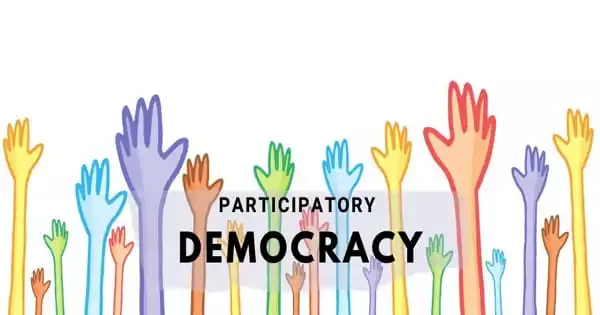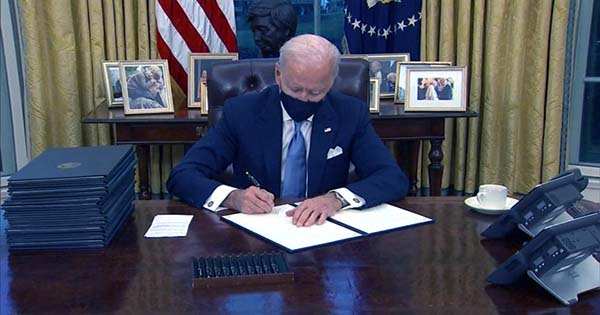Participatory democracy, also known as participatory democracy, is a democratic model in which citizens are given the authority to make political decisions. Democracy’s etymological roots (Greek demos and kratos) imply that the people are in power, implying that all democracies are participatory to some extent. It refers to citizens’ direct involvement in political decisions and policies that affect their lives, rather than participation through elected representatives. It must be ingrained in institutions of representation. For parliaments, this entails creating spaces for citizens and civil society organizations to express themselves.
However, unlike traditional representative democracy, participatory democracy advocates for greater citizen participation and more direct representation. For example, rather than electing representatives, the creation of governing bodies through sortition is thought to produce a more participatory body by allowing citizens to hold positions of power themselves. Participatory processes enable this by allowing citizens to participate in decision-making and provide impetus for change.
Political participation is at the heart of democracies all over the world, but the quality or type of participation varies greatly. The electoral process is the most common form of political participation in all democracies. As citizens, we go to vote in order to directly influence the people who will be representing us. However, participatory democracy is concerned with giving citizens the opportunity to directly participate in, or otherwise be involved in, decisions that affect their lives.
Some scholars argue that the term should be refocused on community-based activity within the domain of civil society, based on the belief that the emergence of a strong non-governmental public sphere is a precondition for the emergence of a strong liberal democracy. These scholars emphasize the importance of separating the realms of civil society and formal politics.
Participatory democracy is a democratic model in which citizens have the power to directly decide on policy and politicians are responsible for putting that policy into action. The act of taking part in some action is commonly defined as participation. As a result, ‘political participation’ is widely assumed to be an act of taking part in ‘political’ action. However, due to the ambiguity surrounding what can be considered ‘political’ actions, such definitions frequently vary in political science. The perception of political participation varies within this broad definition due to differences in modes, intensities, and qualities of participation.
The extent to which political participation should be considered appropriate in political theory is still being debated today, from voting to directly influencing the implementation of public policies. Participatory democracy is primarily concerned with ensuring that citizens have the opportunity to participate in or otherwise be involved in decisions that affect their lives.
















